Blockchain technology was originally designed to improve traditional finance systems by making transactions easier, faster, and cheaper. But today, its influence has gone far beyond banking.
The healthcare industry, in particular, has started using blockchain’s potential to create innovative solutions to its longstanding challenges.
For instance, blockchain is being used to tokenize genomic data such as NFTs, secure pharmaceutical supply chains, and more. These advancements take advantage of blockchain’s key features: security, transparency, and decentralization.
In this article, we’ll examine five cases showcasing how blockchain technology transforms healthcare in real-time.
Five Key Areas of the Blockchain’s Healthcare Revolution
As more healthcare stakeholders begin to leverage Blockchain’s potential, many more use cases and applications are likely to be unveiled.
While blockchain’s impact is broad and profound, the following five key areas demonstrate how It addresses critical challenges and opens new possibilities in healthcare.
Health Data Security
Today, stakeholders use Blockchain technology to address one of the most critical challenges in modern healthcare—health data security. Traditional centralized databases are vulnerable to hacks and data breaches, putting sensitive patient information at risk. Blockchain’s distributed ledger technology offers a better solution to this problem.
With blockchain, patient data is stored across a network of computers rather than in a single location. This decentralized approach makes it extremely difficult for unauthorized parties to access or tamper with the information. Each ‘block’ in the chain contains encrypted data and is linked to the previous block, creating an immutable record of all transactions.
Moreover, blockchain implements advanced cryptographic techniques to ensure data integrity. Any attempt to alter a record would require changing all subsequent blocks in the chain, which is practically impossible without detection. This feature provides an unprecedented level of security for sensitive medical information.
Blockchain also allows granular access control. Patients can grant specific permissions to different healthcare providers, ensuring that only authorized personnel can access their records. This puts patients in control of their data, aligning with modern data privacy regulations like GDPR and HIPAA.
Additionally, blockchain creates an audit trail of all data access and modifications. This transparency helps detect unauthorized access attempts and ensures accountability in data handling.
Real-world implementations of blockchain for health data security are already showing promising results. For instance, Estonia’s healthcare system uses blockchain to secure over 1 million patient records (the first country to use blockchain for healthcare on a national scale). This system has significantly reduced data breaches and improved the efficiency of healthcare delivery.
As more healthcare organizations adopt blockchain for data security, we can expect to see a significant reduction in healthcare data breaches, improved patient trust, and more efficient data sharing among healthcare providers.

Pharmaceutical Supply Chain Management
Blockchain can create an immutable, end-to-end record of a drug’s journey from manufacturer to patient to ensure integrity and traceability throughout the supply chain. It is being used to address critical issues in pharmaceutical supply chain management, such as drug counterfeiting, inefficient tracking, and lack of transparency.
One of the most significant benefits of blockchain in this context is its ability to combat counterfeit drugs. The World Health Organization estimates that up to 1 in 10 medical products in low- and middle-income countries is substandard or falsified. Blockchain creates a verifiable chain of custody for each drug, making it nearly impossible for counterfeit products to enter the supply chain undetected.
Each transaction in the drug’s journey—from raw material sourcing to manufacturing, distribution, and dispensing—is recorded as a block in the chain. This creates a transparent, tamper-proof log that can be accessed by all authorized parties in real time. Pharmacies and patients can easily verify the authenticity of a drug by scanning a QR code linked to its blockchain record.
In addition, blockchain enhances efficiency in supply chain operations. Smart contracts, self-executing contracts with terms directly written into code, can automate many processes. For example, payment can be automatically triggered when drugs are received and verified, reducing administrative overhead and delays.
Blockchain also improves inventory management and reduces waste. Real-time tracking allows for more accurate demand forecasting and helps prevent stockouts or overstock situations. In case of a recall, affected batches can be quickly identified and isolated, minimizing risks to patient safety.
Several pharmaceutical giants are already leveraging blockchain for supply chain management. For instance, MediLedger, a blockchain network backed by major pharmaceutical companies, is being used to track and verify prescription drugs in the United States, complying with the Drug Supply Chain Security Act (DSCSA).
Genomic Data as NFTs
The concept of tokenizing genomic data as non-fungible tokens (NFTs) on the blockchain addresses key issues in genomic research, including data privacy, ownership rights, and equitable compensation for data sharing.
When genomic data is tokenized as an NFT, it creates a unique digital asset that represents an individual’s genetic information. The owner of this NFT—typically the person whose DNA it represents—retains full control over their genetic data. They can choose to keep it private, share it with specific researchers or institutions, or even sell it if they wish.
This approach solves several problems in genomic research. Firstly, it ensures that individuals maintain ownership and control over their genetic information, addressing privacy concerns that have long plagued the field. Secondly, it creates a mechanism for individuals to be compensated for sharing their genetic data, potentially incentivizing more people to participate in genetic studies.
This system provides researchers and pharmaceutical companies with access to a broader pool of genetic data, crucial for advancing personalized medicine and drug development. They can request access to specific genetic information, and smart contracts can automatically manage the terms of use and compensation.
Companies like Nebula Genomics and EncrypGen are pioneering this approach. Nebula Genomics, for instance, allows individuals to have their genome sequenced and then tokenize the data on the blockchain. Users can then choose to share their data with researchers in exchange for Nebula tokens, which have real-world value.
This model also has the potential to democratize genetic research. Historically, large institutions have controlled vast genetic databases. Tokenizing individual genomic data allows smaller research groups to potentially access the specific data they need without the overhead of managing large databases.
Streamlining Medical Records
Traditional methods of storing and sharing medical records are often fragmented, leading to delays in treatment, duplicate tests, and potential medical errors. Blockchain addresses these issues by providing a unified, easily accessible, and secure platform for medical records.
In a blockchain-based medical record system, each patient’s health information is stored as a block in the chain. This information can include everything from basic patient data to medical histories, test results, and treatment plans. Each new medical interaction adds a new block to the patient’s chain, creating a comprehensive, chronological health record.
One of the key advantages of this system is interoperability. Different healthcare providers can easily access and update the same record, ensuring that all parties have the most up-to-date information. This is particularly crucial in emergency situations or when patients switch healthcare providers.
Several healthcare organizations are already implementing blockchain for medical record management. For example, as mentioned earlier, Estonia has integrated blockchain into its national health system, allowing citizens to access their medical records securely and efficiently.
Unlocking Genetic Code
Blockchain technology is playing a crucial role in unlocking the potential of genetic research by facilitating secure, efficient sharing and analysis of genomic data. This application of blockchain addresses several challenges in genetic research, including the need for large-scale collaboration and the computational demands of genomic analysis.
Researchers have developed private blockchain networks to store genomic variants and reference-aligned reads. These networks use nested database indexing and accompanying tools for rapid data access and analysis. So healthcare professionals can retrieve relevant genomic information more efficiently for personalized medicine and research.
Moreover, the storage of genomic data on the blockchain can help manage the massive computational requirements of genomic analysis. Distributed ledger technology can create a network of shared computing resources, allowing researchers to tap into a global pool of processing power. This could significantly speed up genomic analysis and make it more accessible to a wider range of researchers.
Companies like Shivom are pioneering the use of blockchain in genomic research. This availability and security of genomic data can accelerate discoveries in personalized medicine, improve our understanding of genetic diseases, and offer more targeted drug development.
Ultimately, the integration of blockchain technology and genomic data has the potential to unlock the secrets of our genetic code (like biomarkers), leading to breakthroughs that could revolutionize healthcare and our understanding of human biology.
Wrapping Up
William Mougayar once said,
“The blockchain cannot be described just as a revolution. It is a tsunami-like phenomenon, slowly advancing and gradually enveloping everything by the force of its progression.”
Apparently, the healthcare industry is not left out of this “force of progression” driven by Blockchain. Just as its transformative potential is undeniable in the healthcare sector, it has also impacted major industries alike.
Zypto – Unleashing The Power of Blockchain Technology
To tap into the immense potential of blockchain technology, Zypto is here to make your the journey easy.
We offer products with all the power of blockchain embedded in them. These include the Zypto crypto app, virtual crypto cards, a crypto payment gateway for businesses who want to accept cryptocurrencies, and much, much more.
You can also check the Zypto Blog for more resources on cryptocurrencies, NFTs, Web3, altcoins, and blockchain technology.
With that said, which of these blockchain applications in healthcare do you think will have the most significant impact in the next five years, and why? We’d love to hear your thoughts in the comments below!

How is blockchain used in the healthcare industry?
Blockchain is used for secure data management, improving supply chains, and streamlining medical records in healthcare. It also facilitates genomic data tokenization and collaborative genetic research.
Why is the exciting development of blockchain technology especially important to healthcare?
Blockchain addresses critical healthcare issues like data security, interoperability, and trust. It improves patient care through accurate records, reduces fraud, and accelerates research while maintaining privacy.
What is the feasibility of blockchain in healthcare?
Blockchain in healthcare is increasingly feasible, with numerous successful implementations already in place.
Ongoing research and development are continually improving its viability despite challenges like scalability and regulatory compliance.
How does using blockchain enhance the security of patient data compared to traditional healthcare data systems?
Blockchain enhances security through decentralization, immutability, and advanced encryption.
It provides granular access control and transparent audit trails, making it significantly more secure than traditional centralized systems.

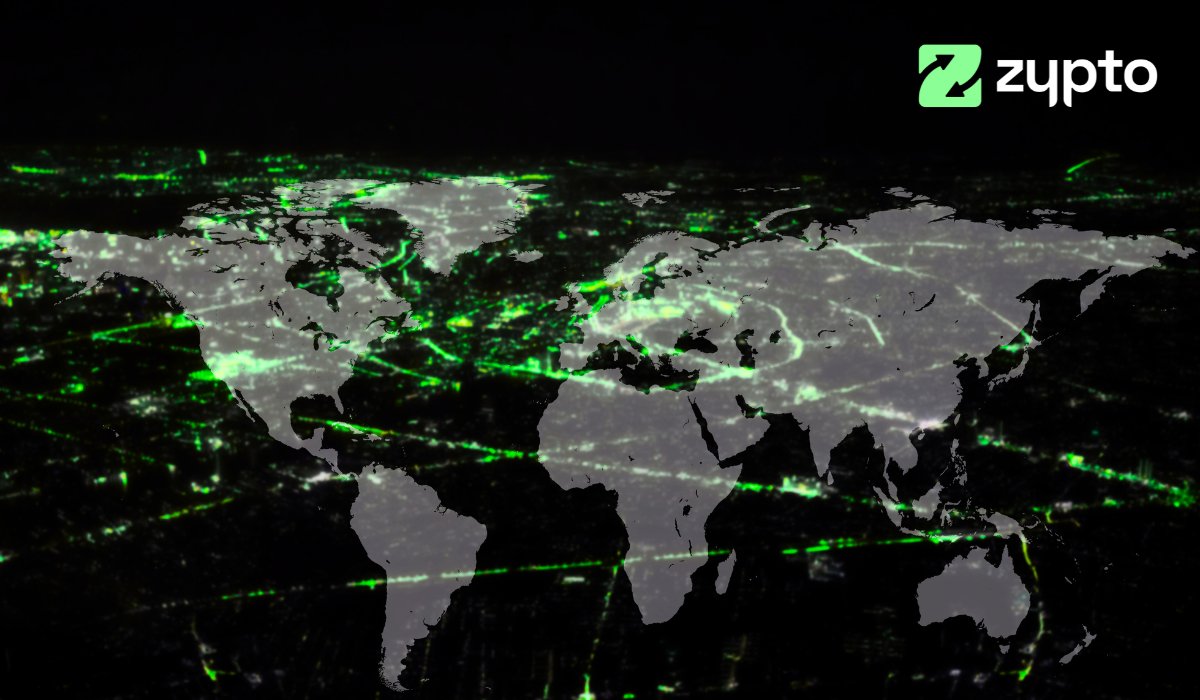
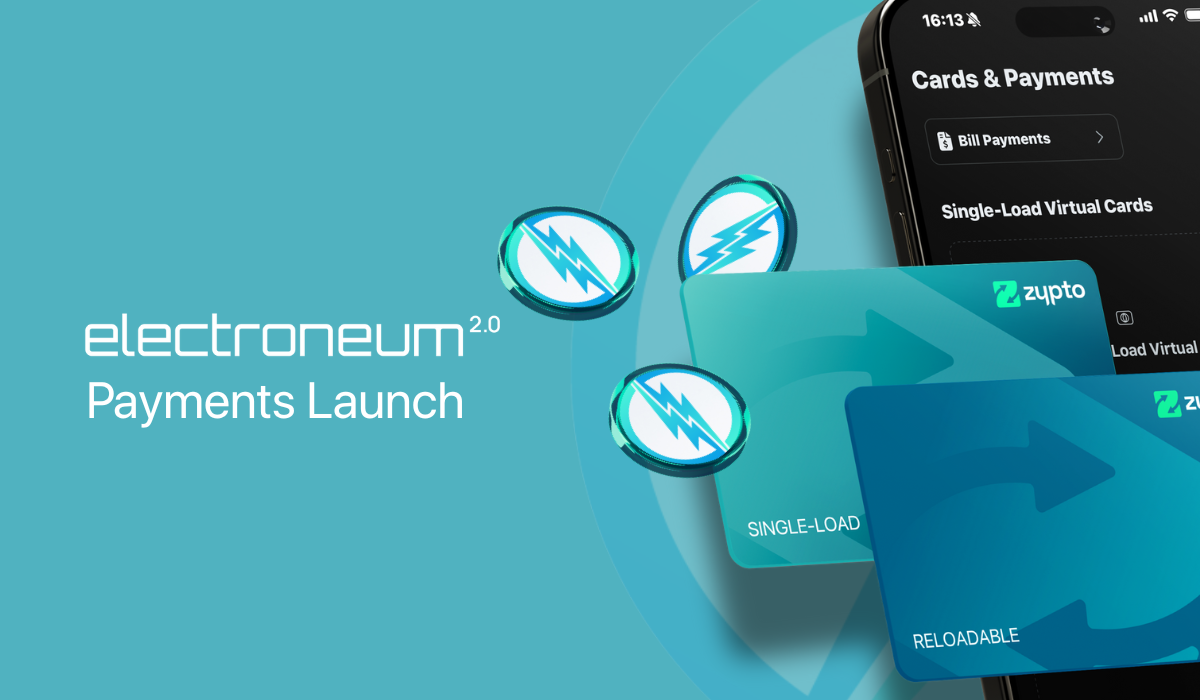
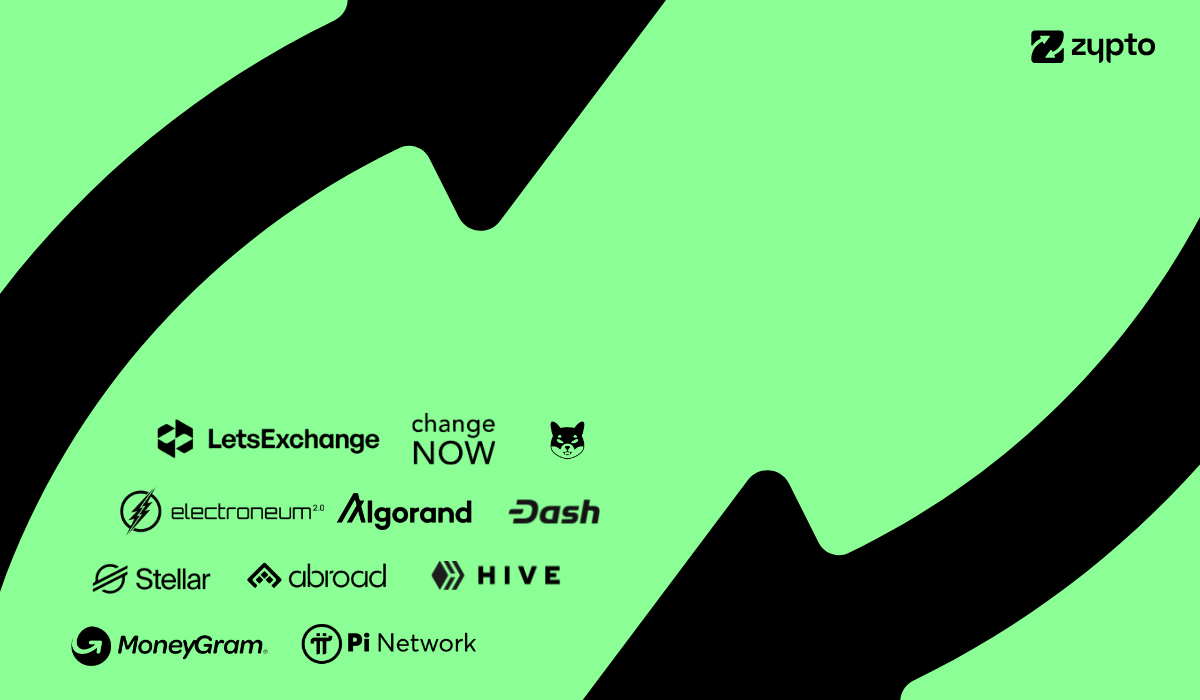
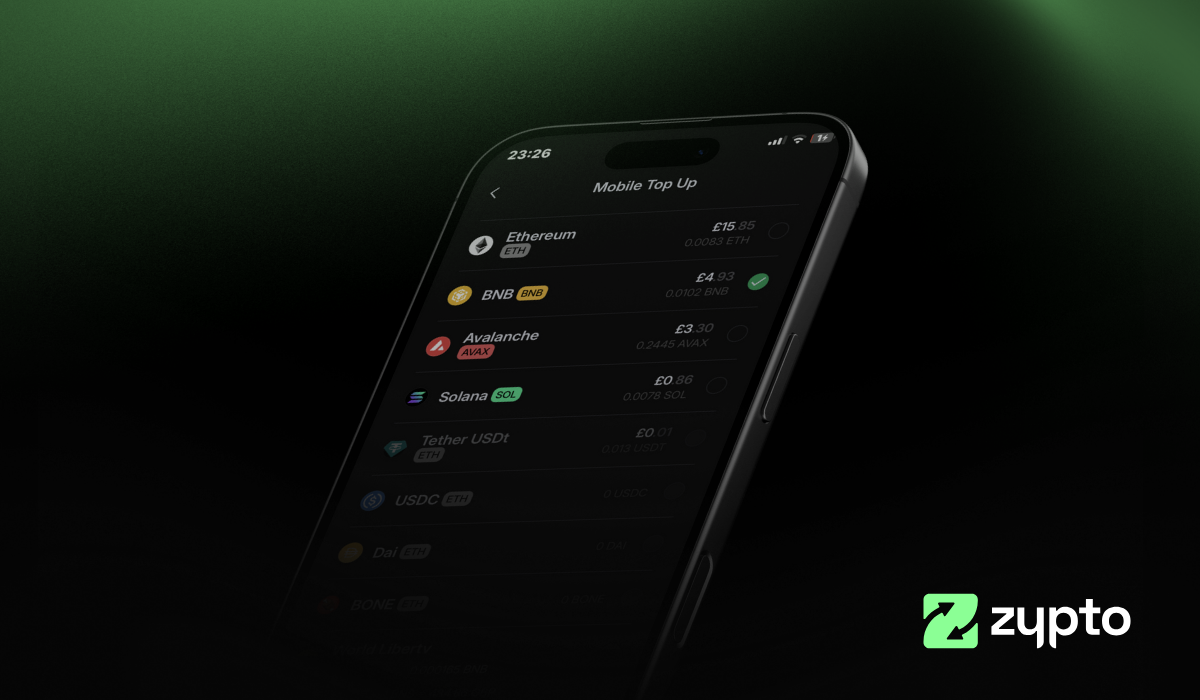
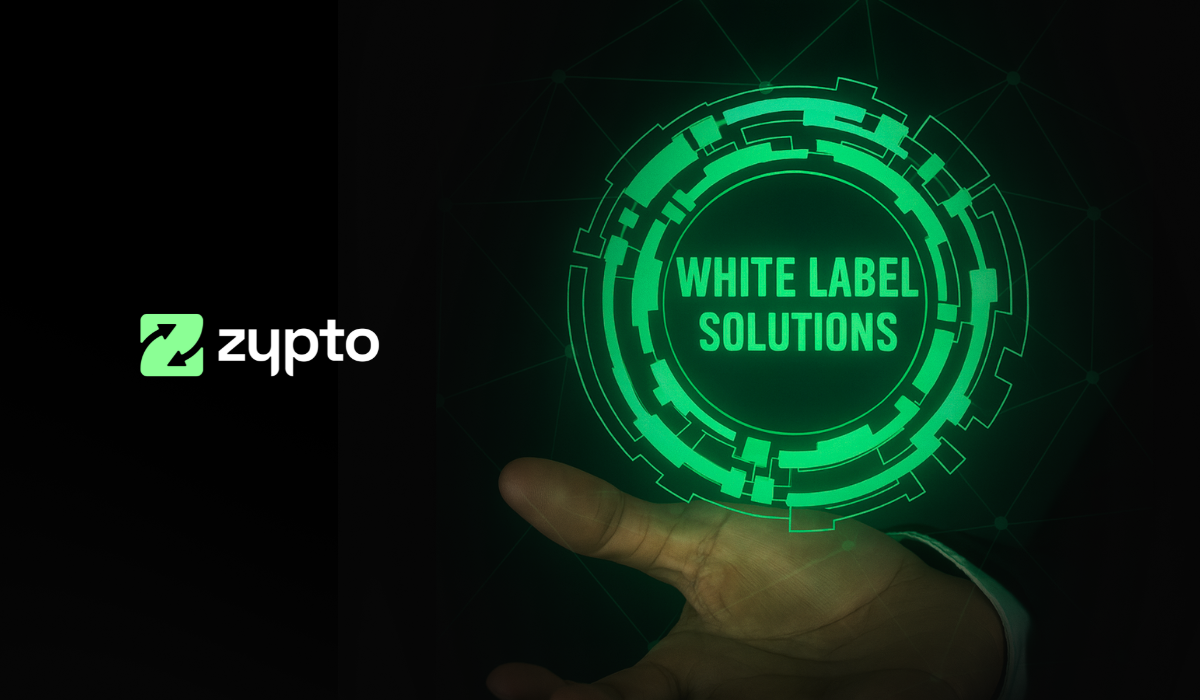
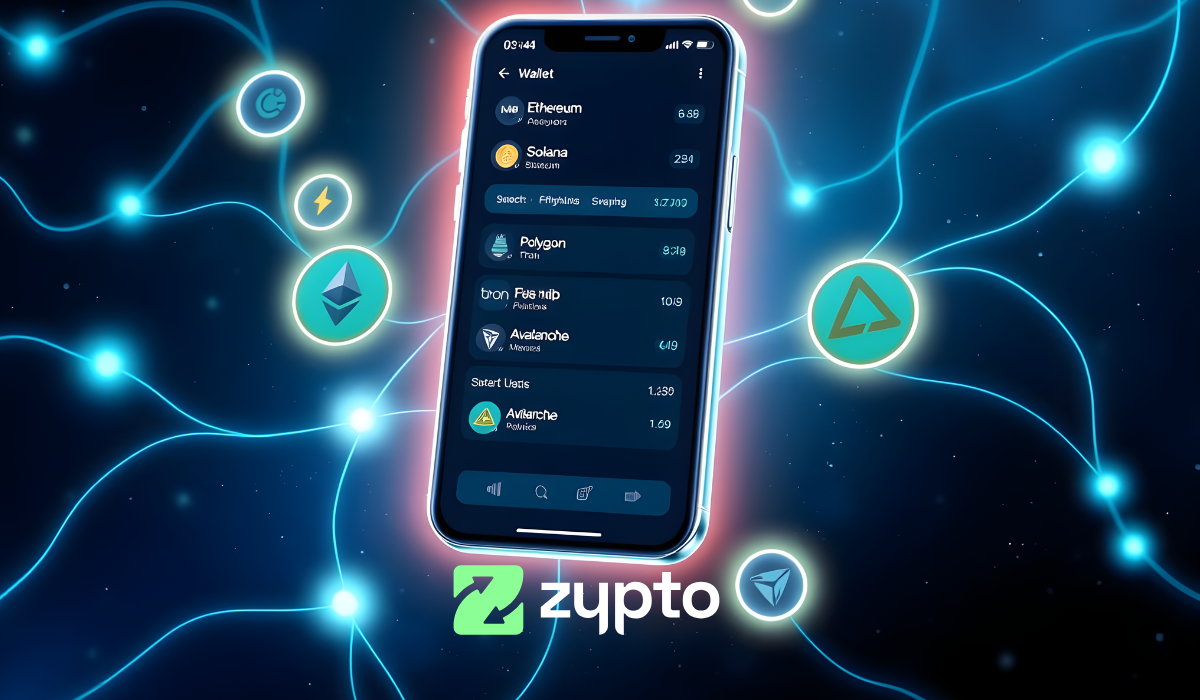
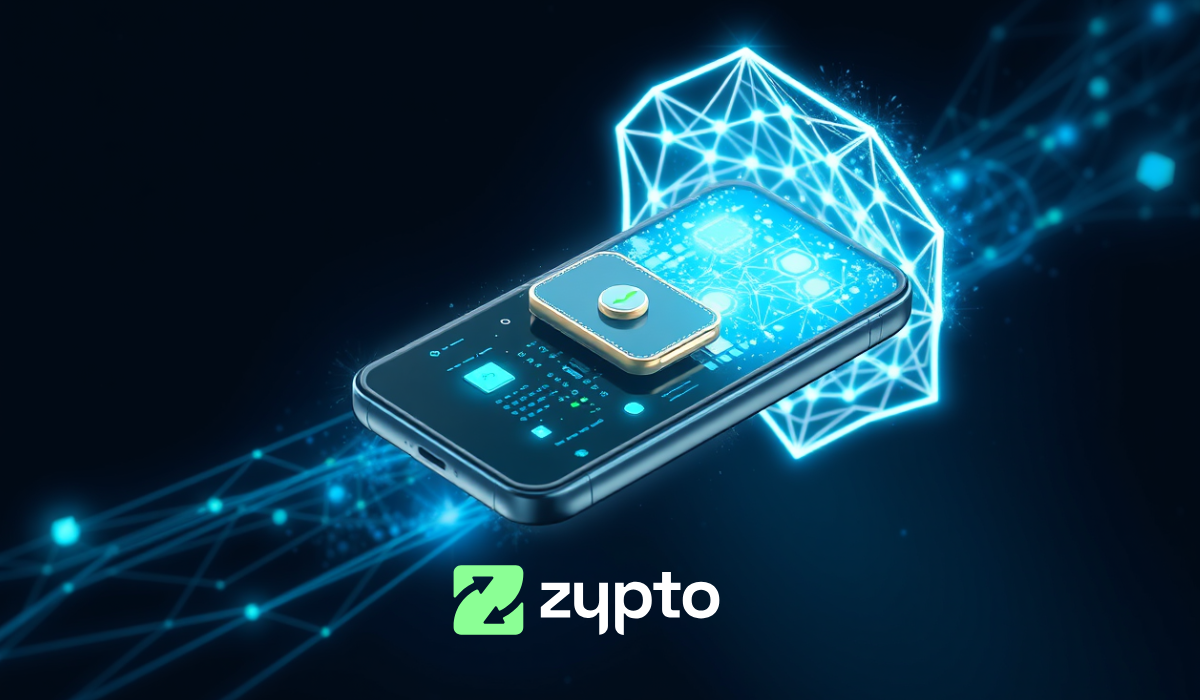
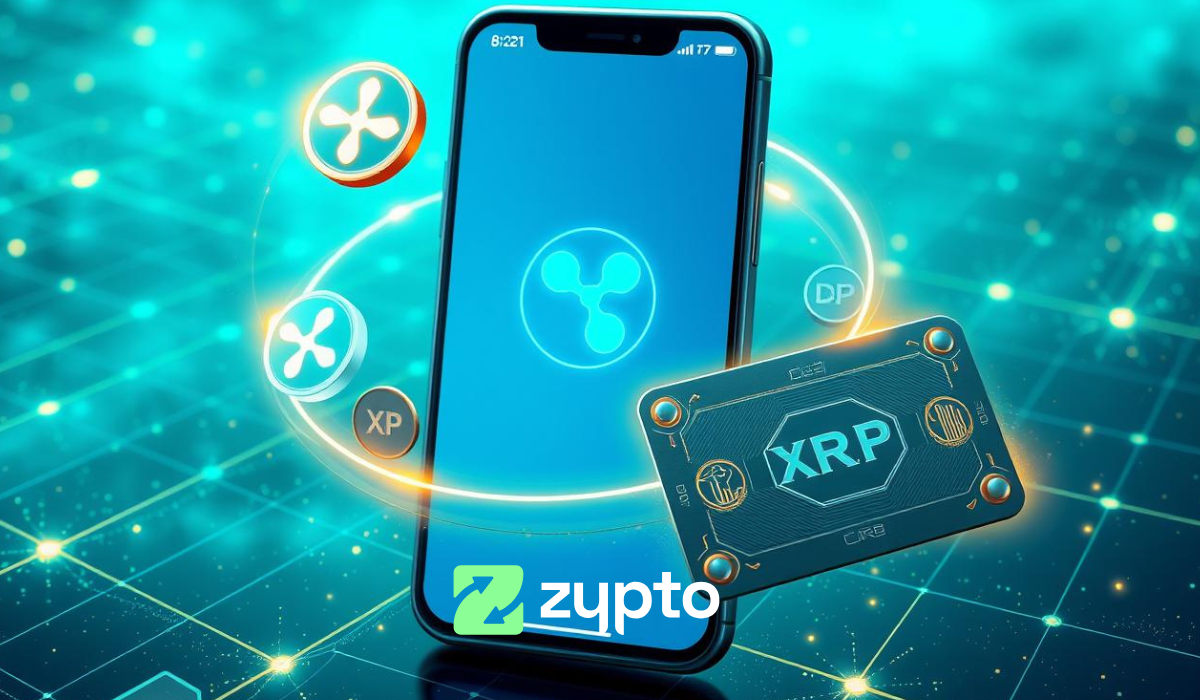
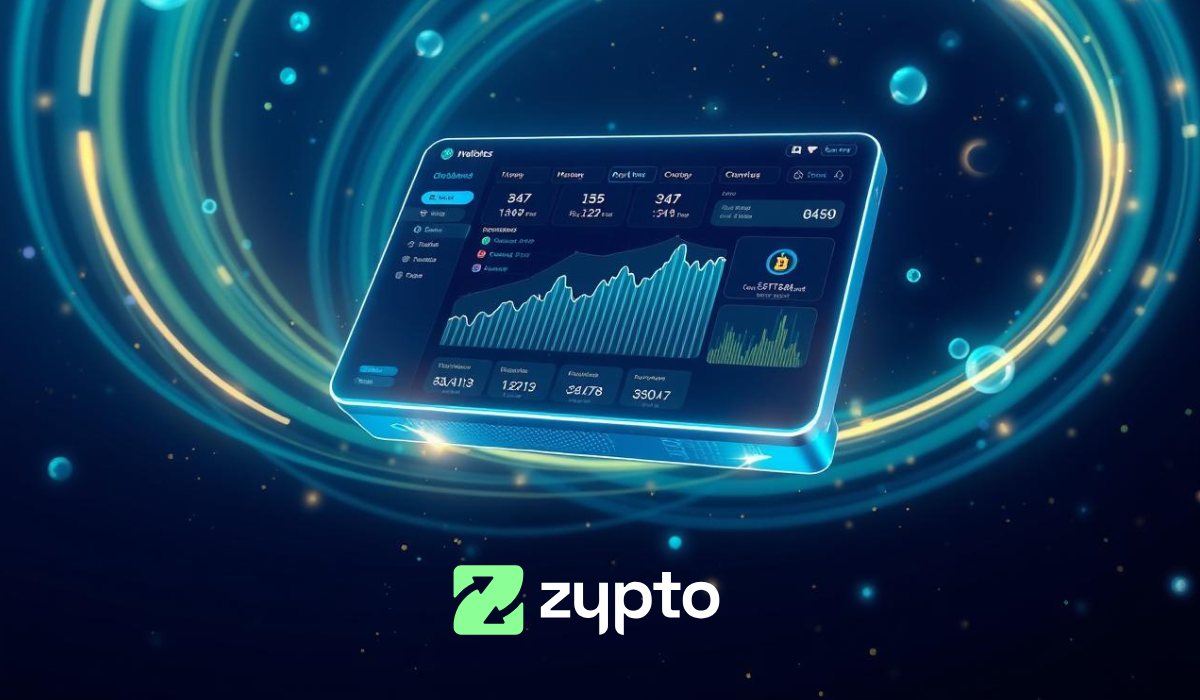
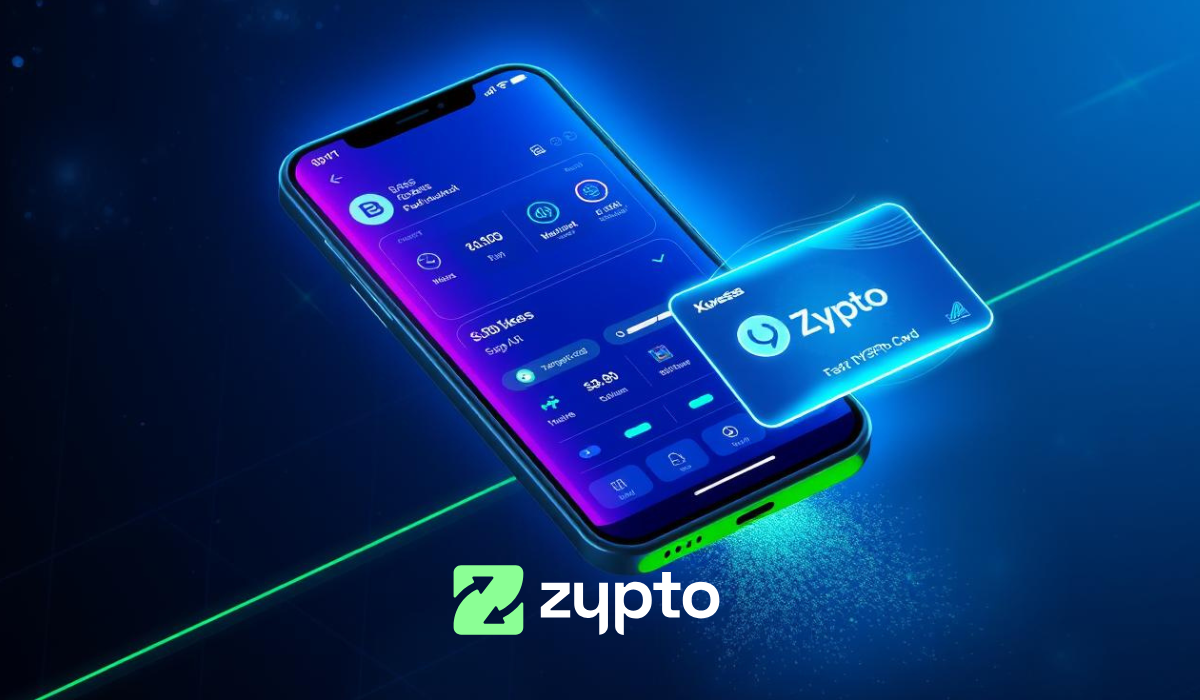

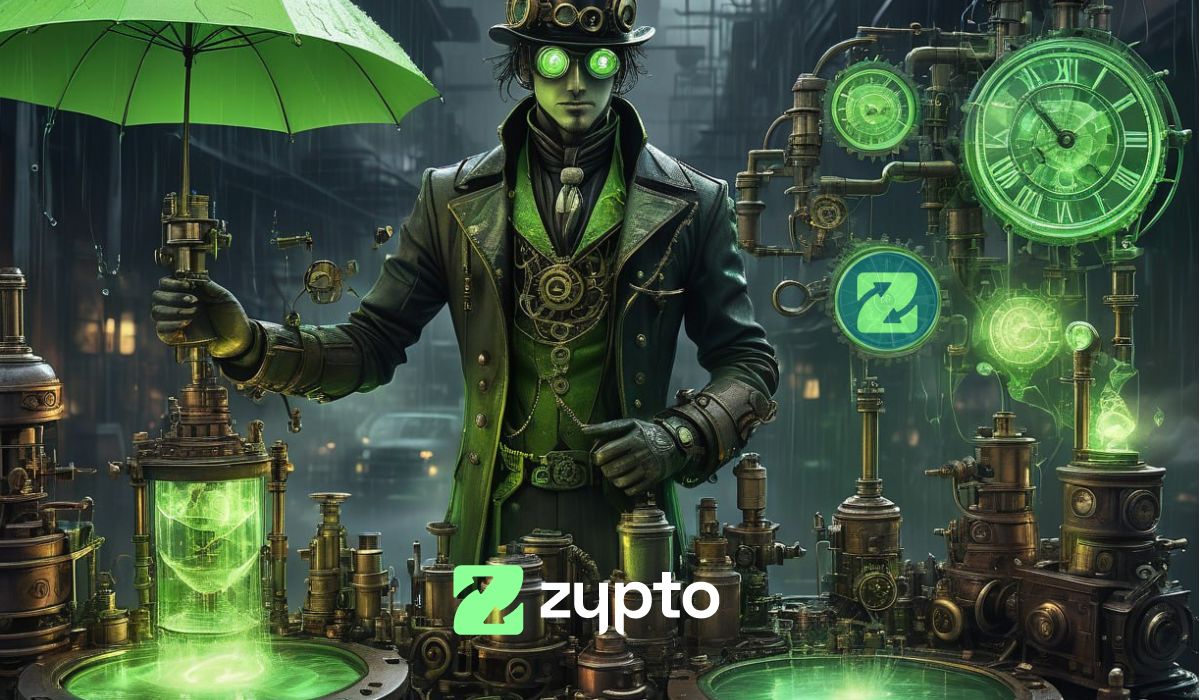


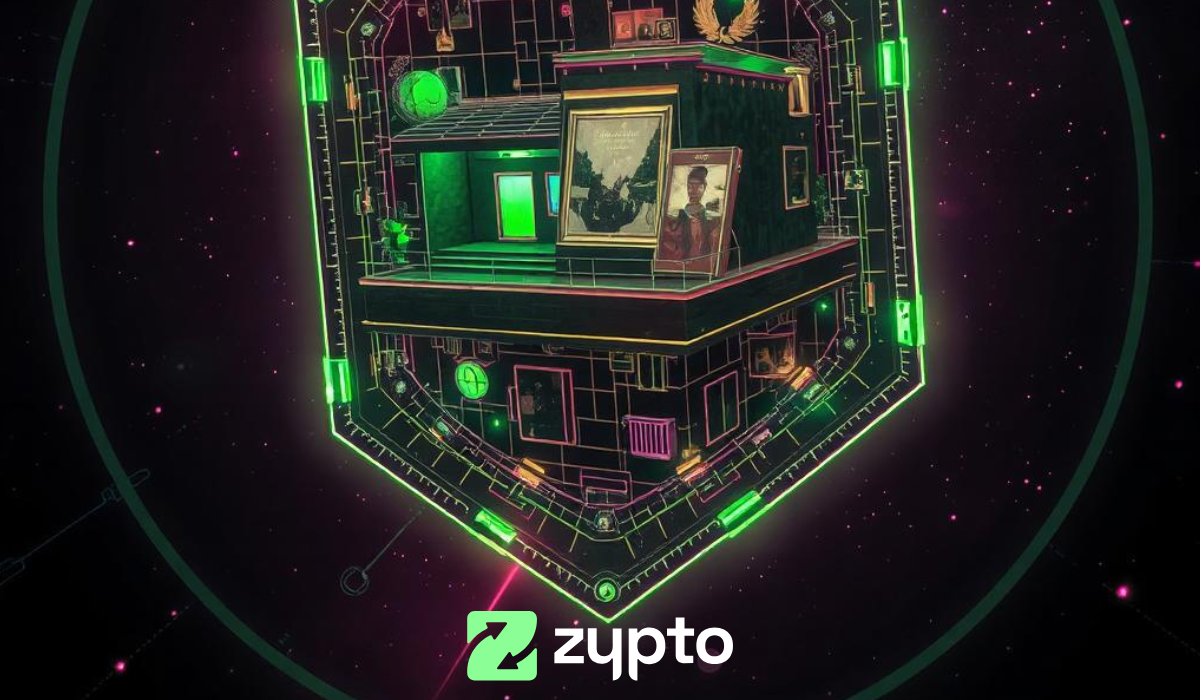
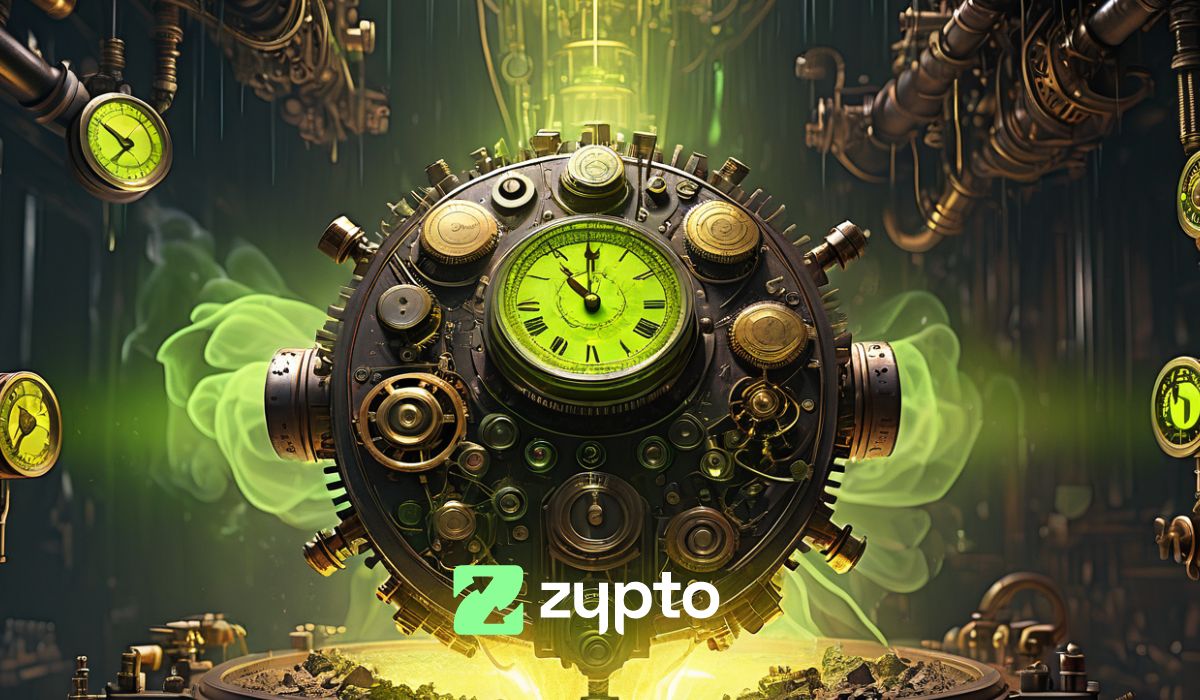

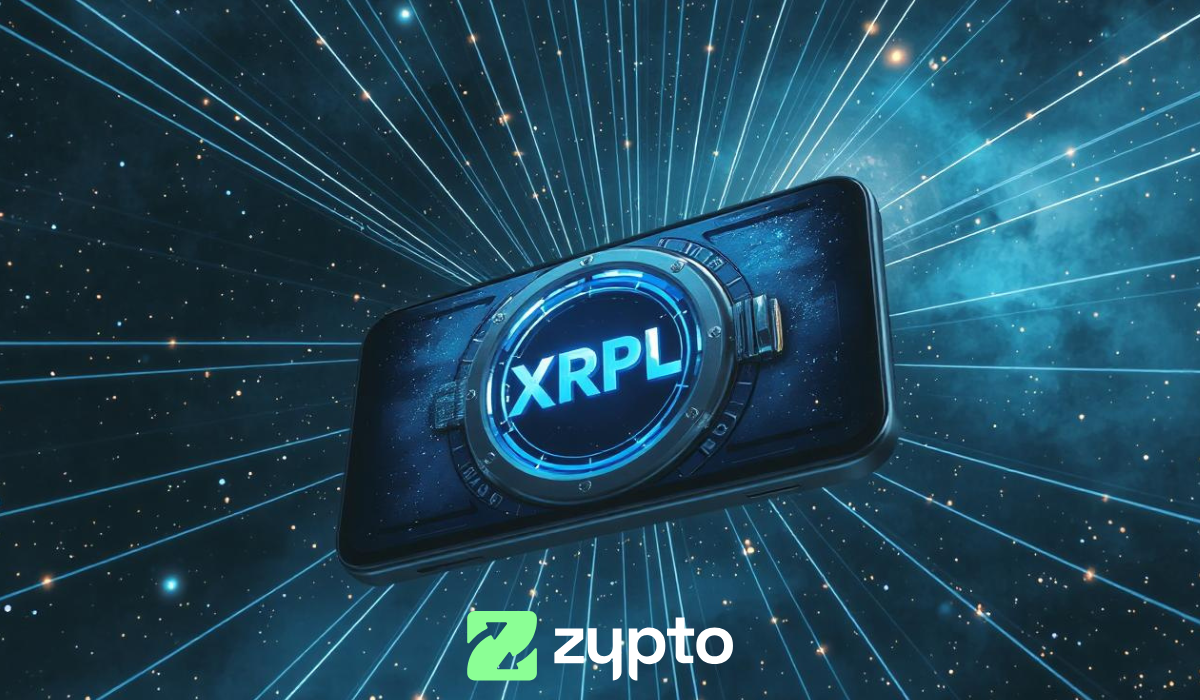

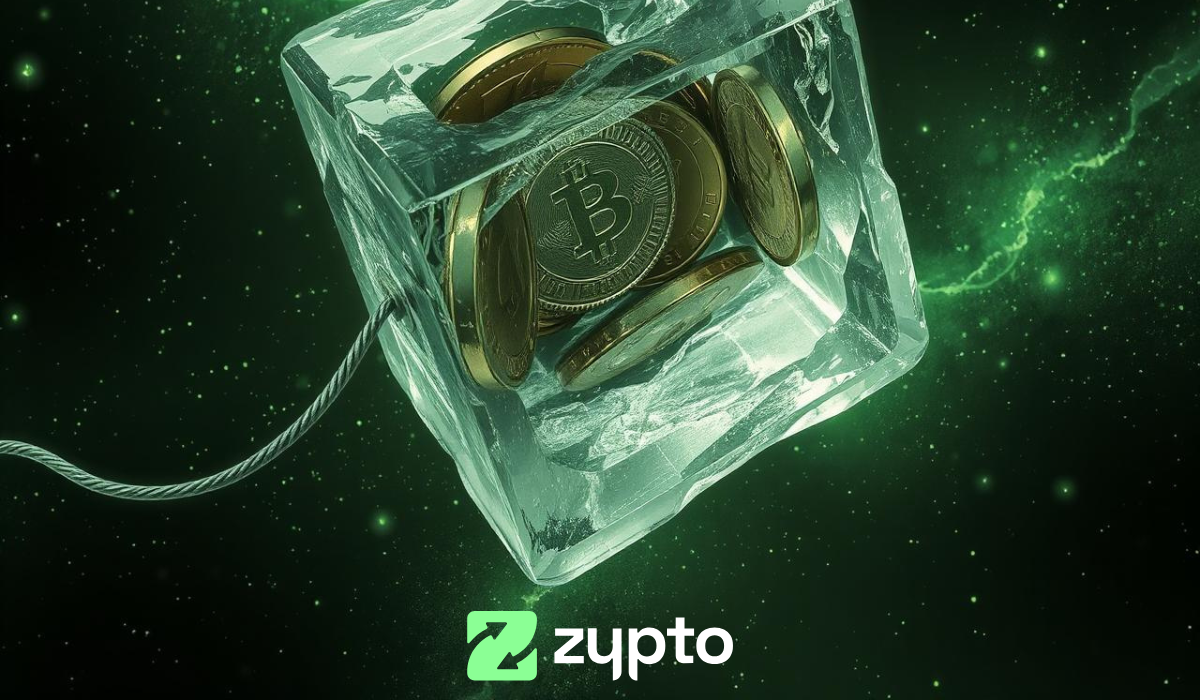


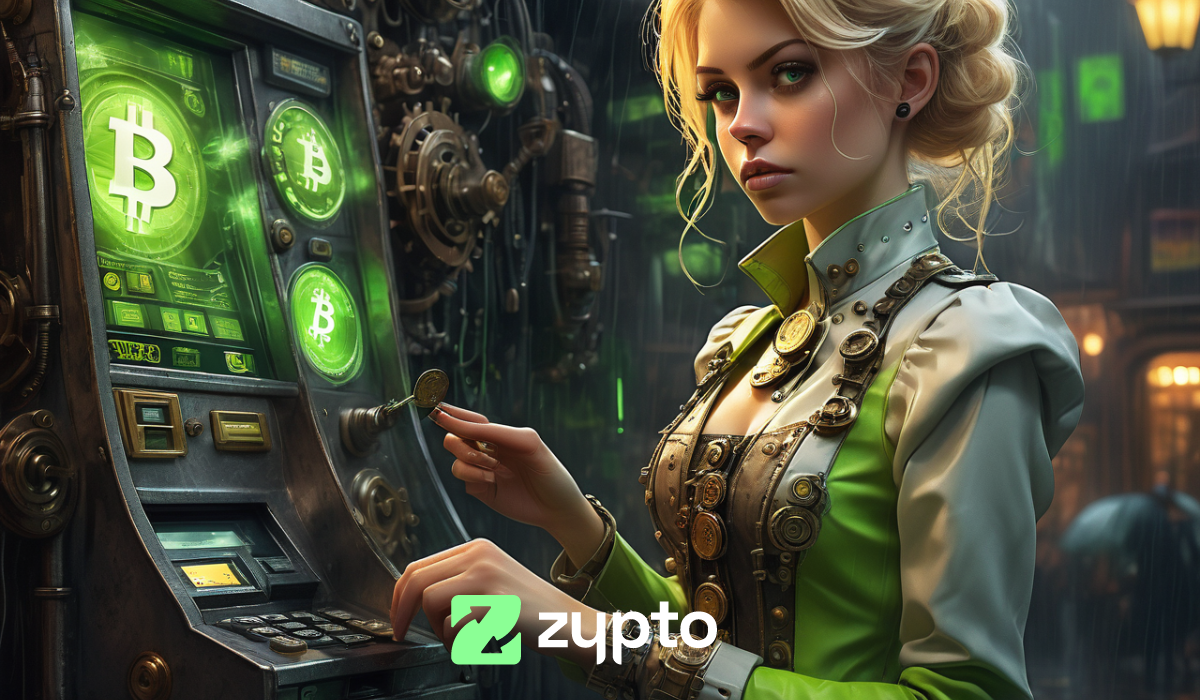
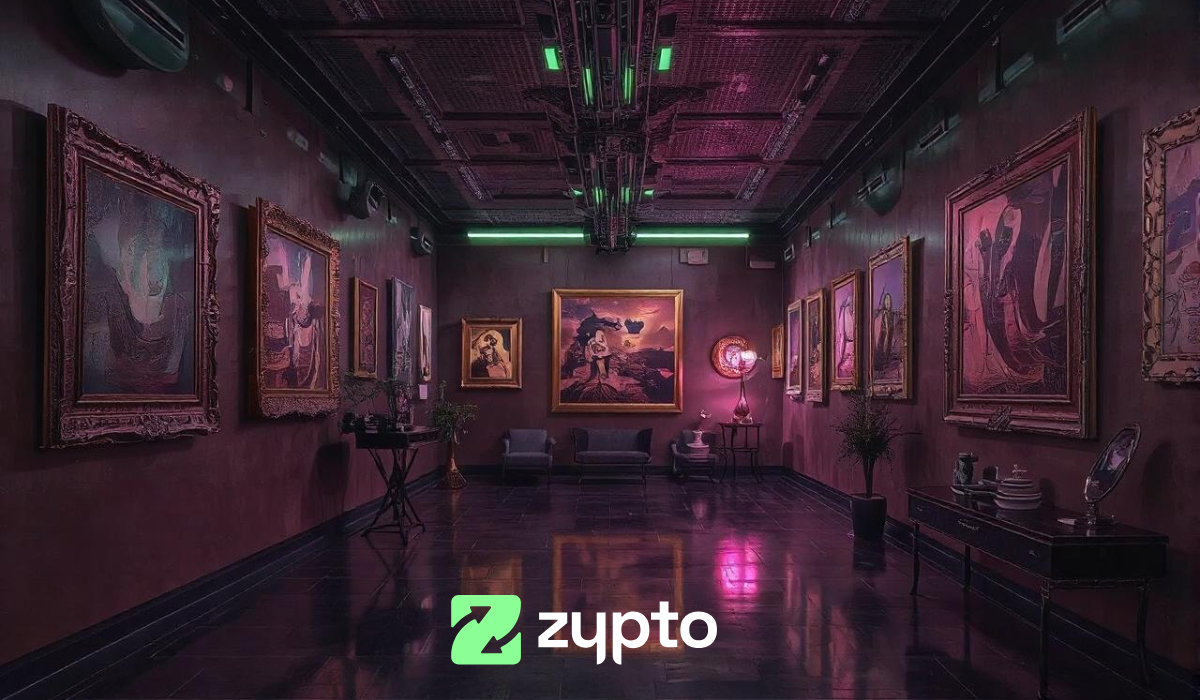
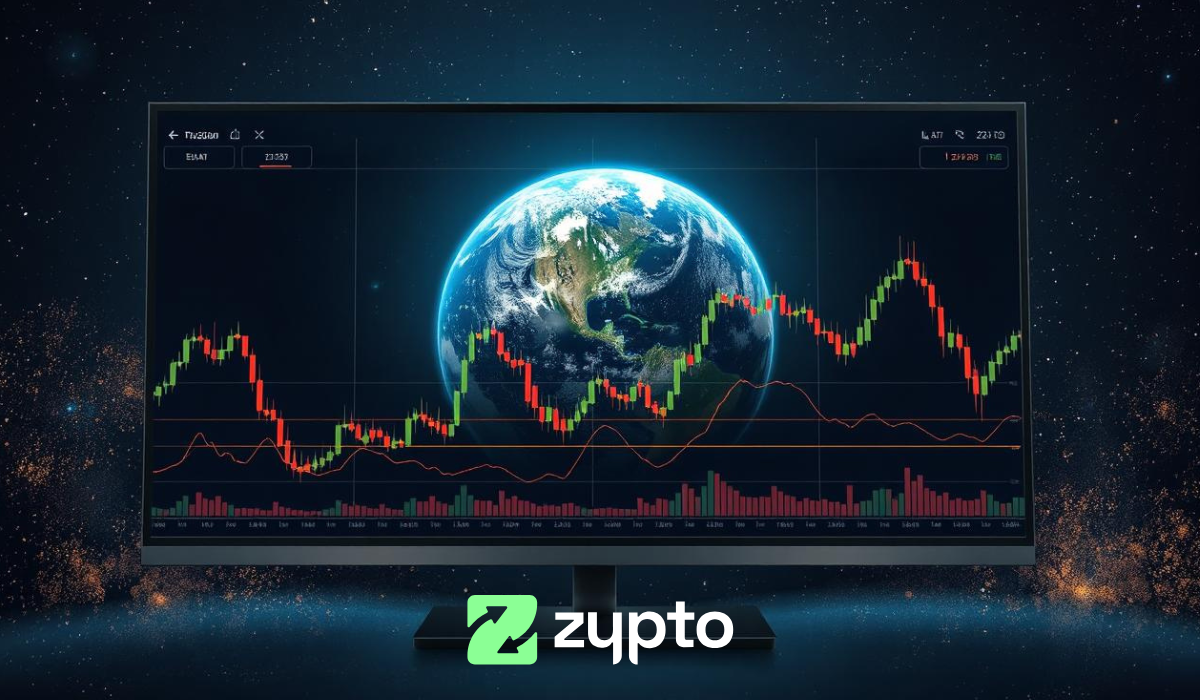
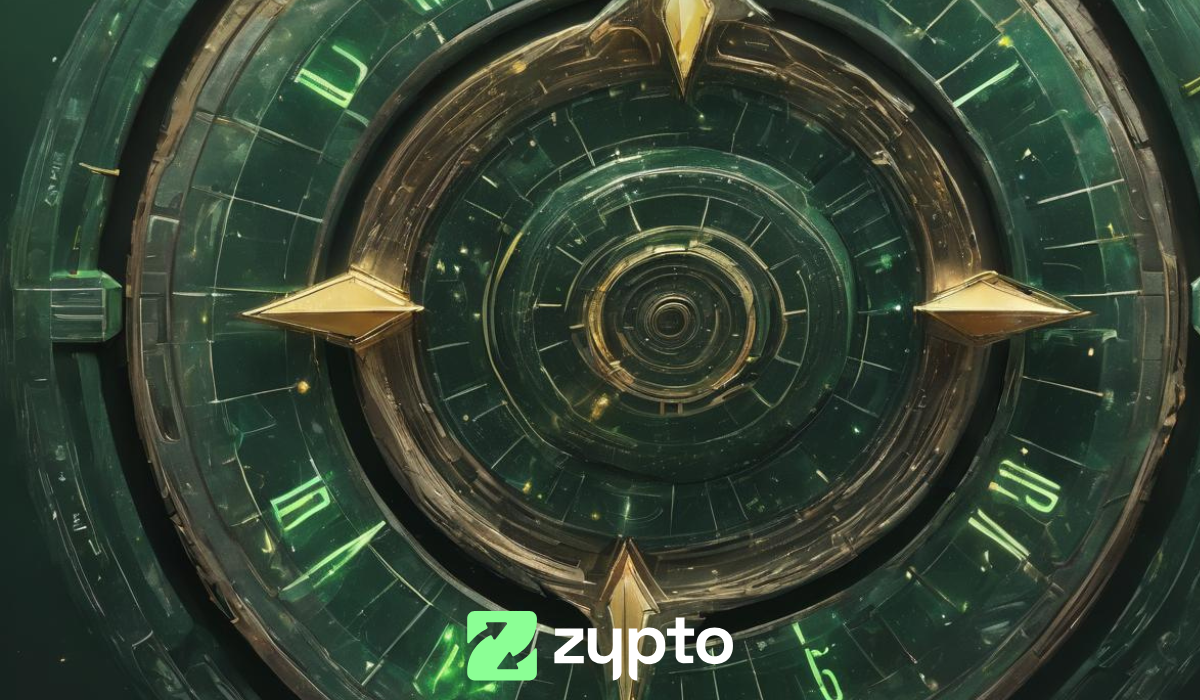
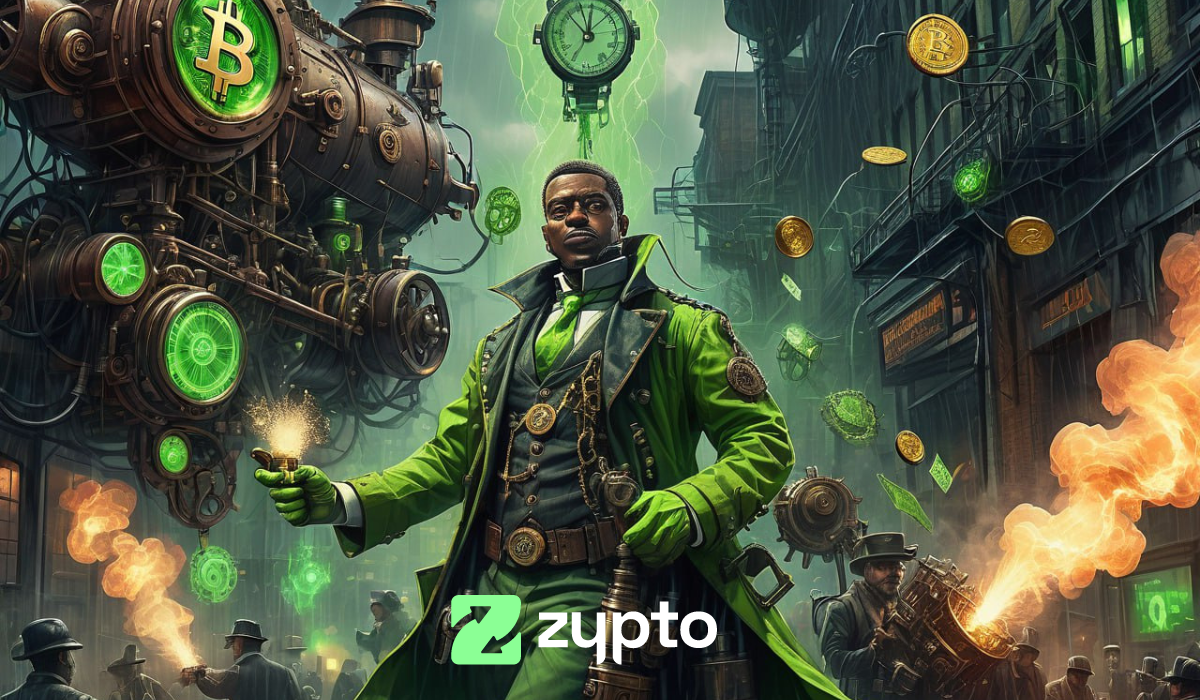
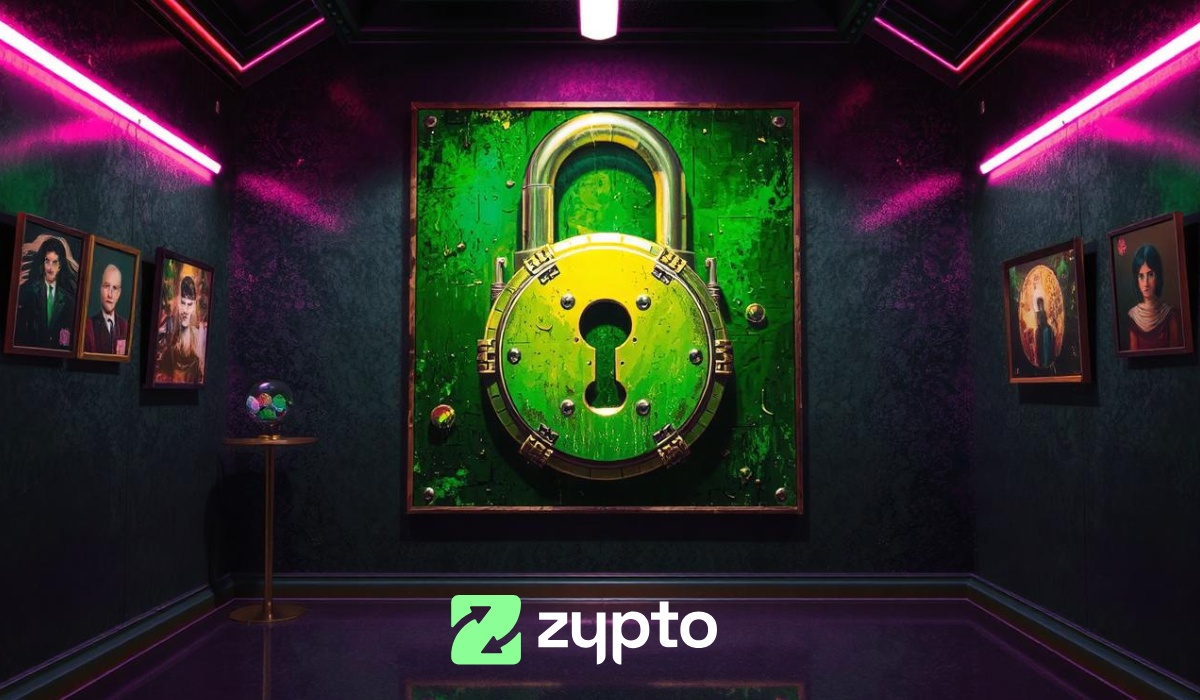



0 Comments